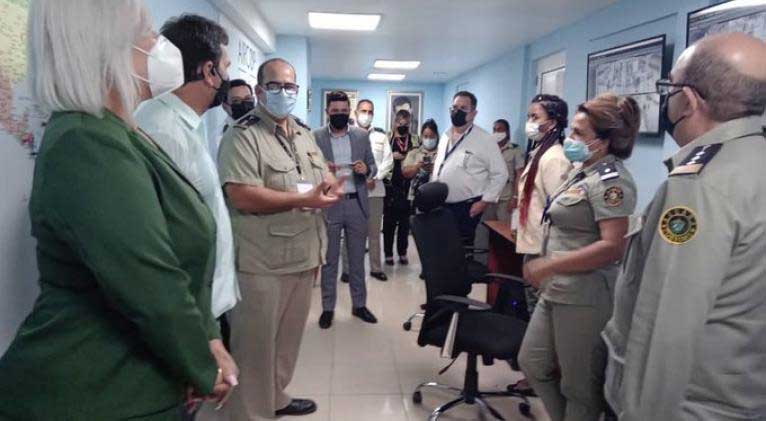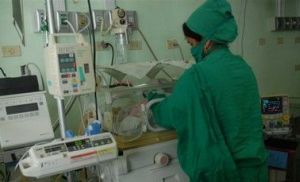Nelson Cordovés Reyes, head of the institution, presided this Friday over the opening ceremony of the facility, in Terminal Three of José Martí International Airport, where the initiative is a project financed by the European Union, in order to promote stability and peace in this field and the UN Office on Drugs and Crime.
Sergio Naranjo, AIRCOP’s Regional Coordinator for Latin America and the Caribbean, said at the meeting that Cuba has high-tech equipment and highly qualified personnel, the AGR reported exclusively to the Cuban News Agency.
Only in the Caribbean sub-region there are 18 similar offices, but the Cuban one is the most prepared, the official added.
Before its opening, experts from Bolivia, Canada and Spain gave a course to national specialists during several days at the Meliá Habana Hotel.
He added that the classes were aimed at sharing information and building trust, adaptable to the evolution of traffic routes, the emergence of new products and is a key element in border management and security.
AIRCOP receives contributions from other nations interested in its scope and importance, with the participation and collaboration of the World Customs Organization (WCO) and the International Criminal Police Organization (INTERPOL), according to other sources.
The World Customs Organization was created in 1952 as the Customs Cooperation Council, a name it used until 1994, when it assumed its current name, and Cuba is one of its members.
With the Certificate of Merit, the WCO recognized last February the Customs Offices of José Martí International Airport, Matanzas and Mariel (Artemisa) for providing exceptional service to the international community.
Cuba applies a policy of Zero Tolerance to drugs, repudiates and rigorously confronts any manifestation linked to the trafficking or consumption of these substances, and strengthens international cooperation with organizations, countries, agencies and services that combat this scourge.
The purpose of AIRCOP is to create interagency task forces to strengthen the capabilities of international airports to detect and intercept drugs, other illicit goods and high-risk passengers, including foreign terrorists, in countries of origin, transit and destination with the overall objective of disrupting transnational criminal networks.
 Escambray ENGLISH EDITION
Escambray ENGLISH EDITION






Escambray reserves the right to publish comments.